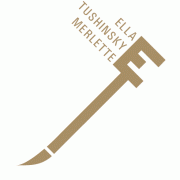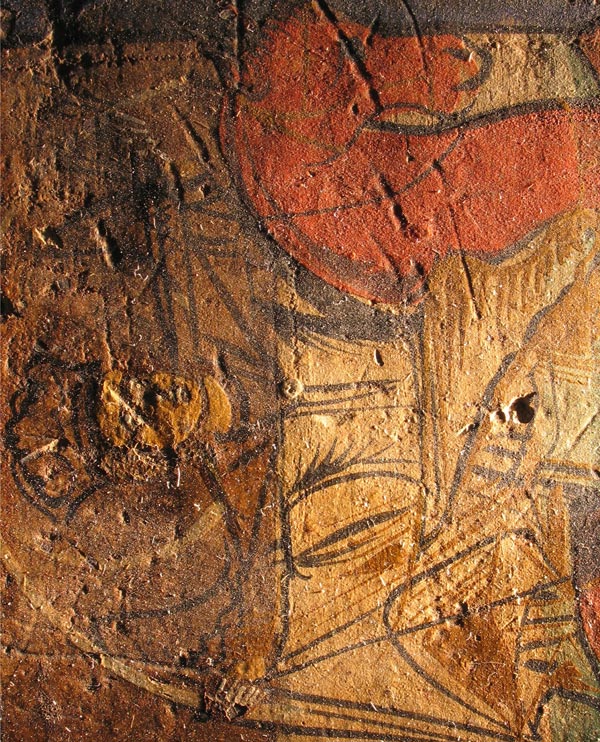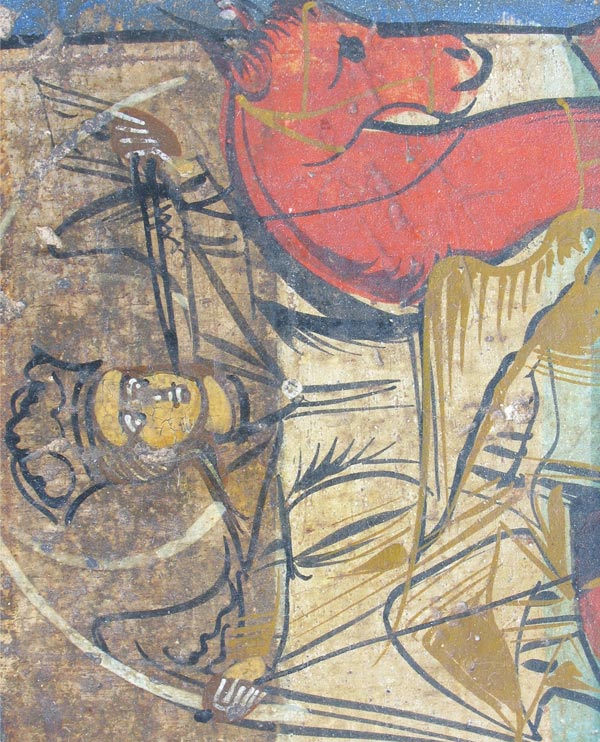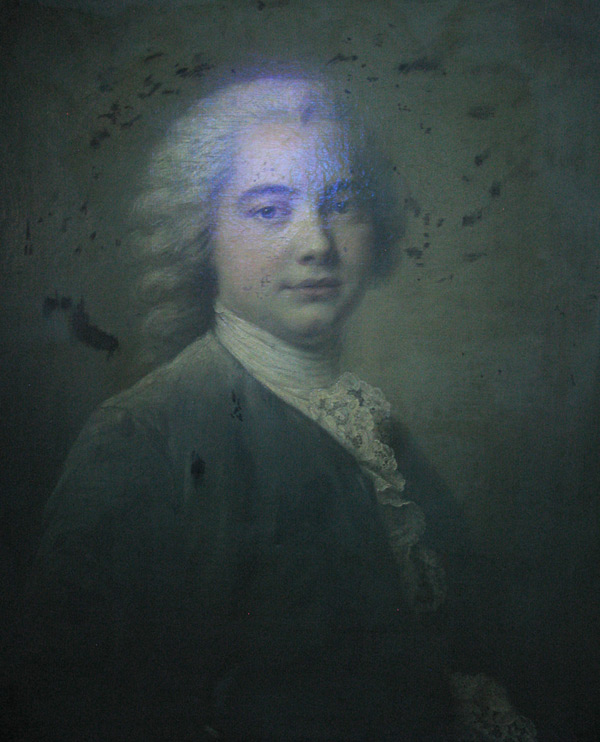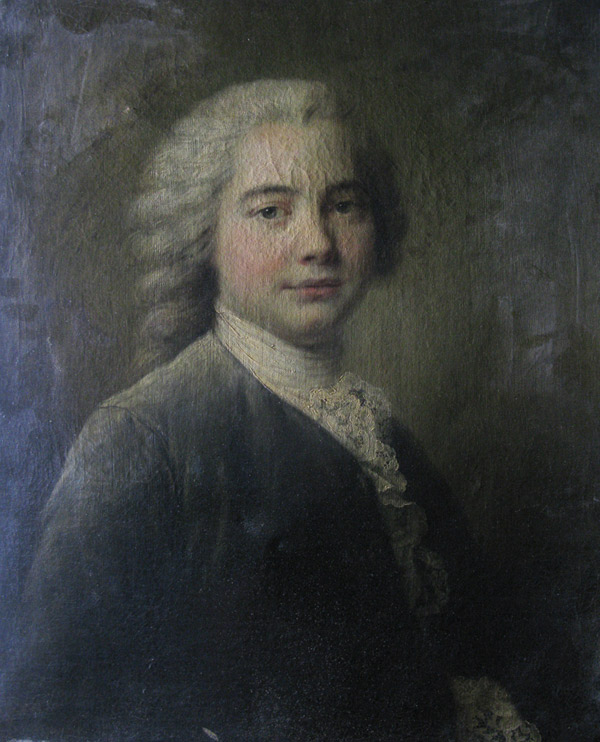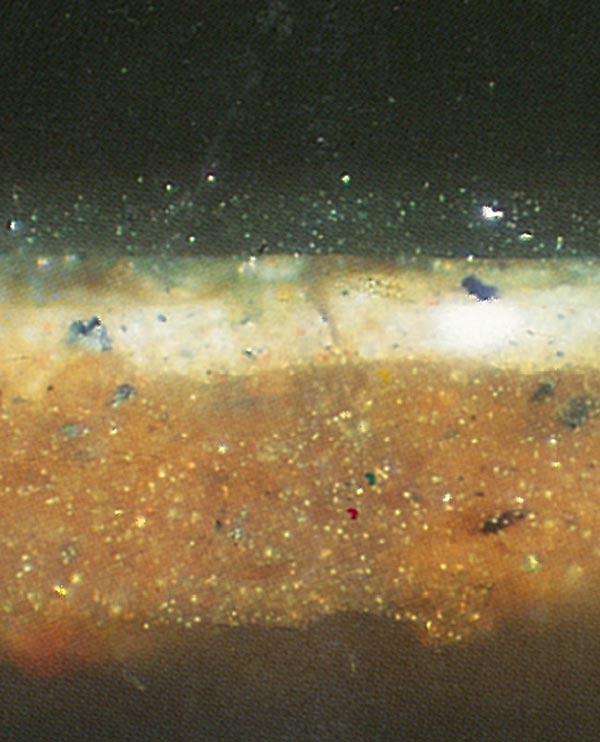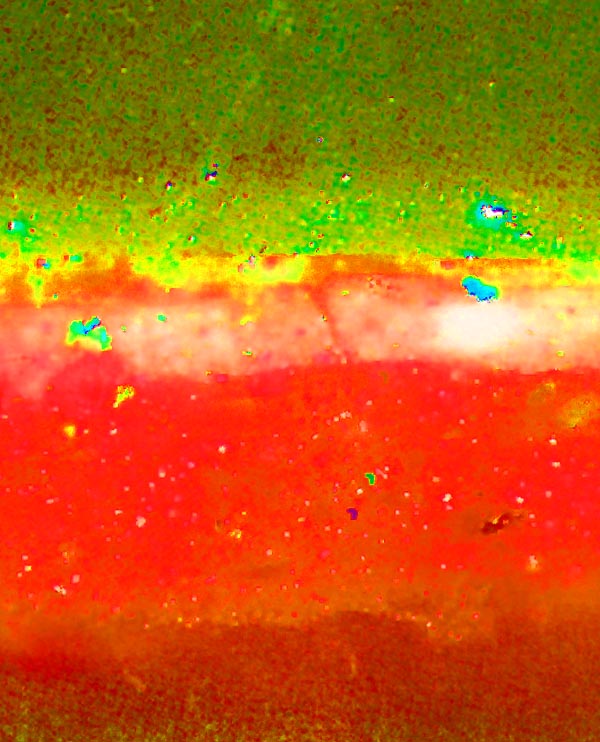FOCUS THE DIAGNOSIS BY OPTICAL AND IN-DEPTH EXAMINATIONS
Ella Tushinsky Restoration & Conservation’s condition reports are based on two different types of examinations: systematic (visual) examination and, if necessary, complementary in-depth examinations approfondis requiring more specialized equipments or external laboratory analysis.
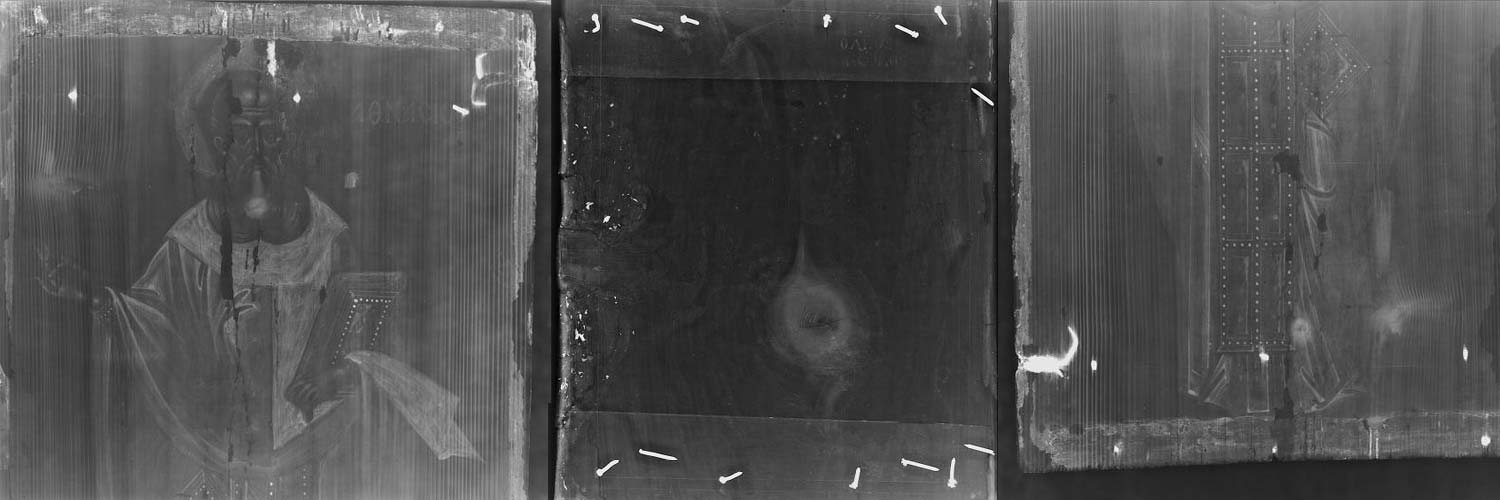
Systematic visual examinations
The following examinations are documented with high resolution photographs and a narrative report.
visible light optical inspection
- Normal light inspection consists in documenting the front-view of a work (standards photography).
- Raking light inspection reveals the texture of a work, any eventual surface alterations, and the painter’s technique.
ultraviolet light inspection
- Ultraviolet light shows the state and the thickness of the varnish and can reveal previous restorations invisible to the naked eye.
- UV light inspection records are compared to normal light inspection records.
Microscopic Inspection
- Investigation with a binocular microscope to visualize the paint layer details and structure, and thus understand how the work was originally painted as well as possible later modifications
- High-resolution digital photography
1
2
3
4
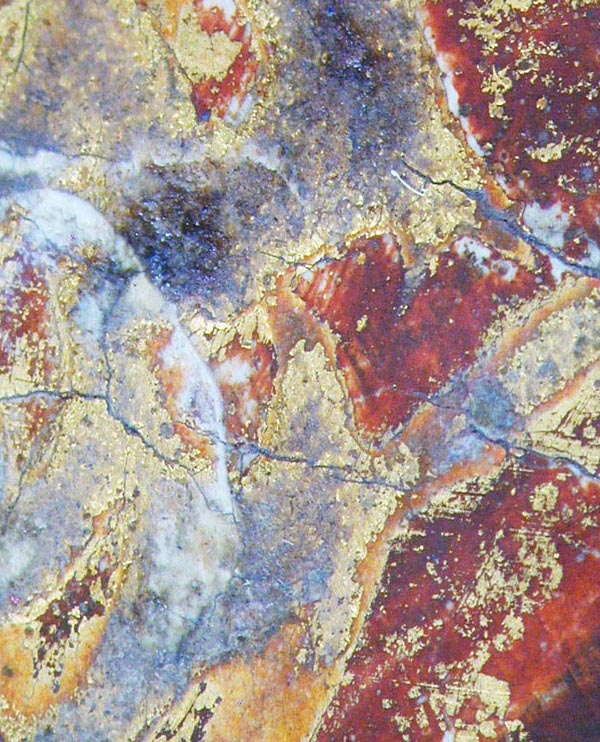
1
Encrassement
2
Dorure
3
Couche d’apprêt
4
Couche de préparation
In-Depth Examinations
In-depth examinations require more sophisticated tools and are documented with a narrative report and digital images.
infrared inspection
- examination with infrared light to reveal the presence of repainted layers and any eventual preliminary drawings
- digital capture and archiving of IR images
X-Ray inspection
- X-ray imagery, submitted to referral laboratories
- X-ray interpretation: the presence of layers under repainted areas and the particularities of the support
analysis and sampling
- a cross-section of the layers of materials comprising the paint layer (binders, pigments, etc.)
- biological analysis (identification of types of mold) submitted to referral laboratories
